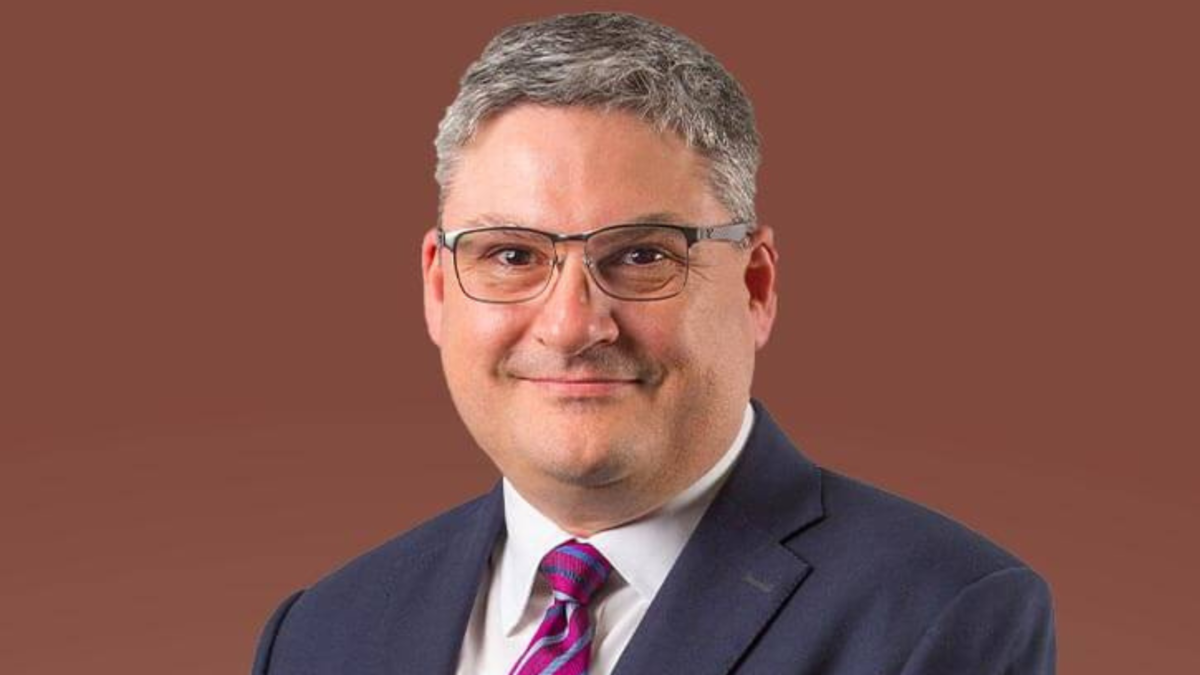Future Fund weathers the storm, prepares for a changed world
The Future Fund returned a relatively robust -3.7 per cent through a tough 2022 and has started the new year in the green, returning 0.9 per cent while warning that real returns to investors going forward “will be substantially below the experience of recent years”.
“It was a pretty tough time in investment markets,” Future Fund CEO and acting CIO Raphael Arndt (picture at top) told media on Wednesday (February 1). “The global equities were down for the calendar year about 18 per cent, the bond index was down about 10 per cent, and that’s because inflation has arisen and central banks are raising rates to try and counter that and that’s obviously flowed through to asset values and bonds. In that context, -3.7 per cent for the Future Fund for the calendar year and +0.9 per cent for the half that we’re reporting is resilient, and somewhat pleasing.”
The Future Fund portfolio is still positioned “towards the middle of the range of risk settings” but has seen significant changes towards investments that rely “more on investor skill than on market risk”, in line with its thinking that such an approach will be rewarded in a rising rate/slowing growth environment.
In a 2022 position paper titled The Death of Traditional Portfolio Construction? the Future Fund said that it had “begun to manipulate new levers” across its portfolio, including by increasing its allocation to private equity to generate alpha; maintaining a broader currency basket; adding to its domestic infrastructure exposures; focusing on liquidity and dynamic asset allocation; and adding to its gold, commodities, and alternatives allocations to create more defensive levers and inflation protection.
“We have been talking for quite a while now about the changes in the world following through to long-term investment issues… we have been repositioning the portfolio and have seen the benefit of some of that over the period but it’s very hard to make good returns when equities and bonds are both falling,” Arndt said. “But we are confident, looking forward, that we have the portfolio positioned to benefit from that.”
In 2021, Peter Costello said that the Future Fund was steering clear of China amidst regulatory upheaval and that the fund needed to be careful where it invested “sovereign money”.
“(That position) is under continuous review; it’s not a set and forget position,” Arndt said. “I think the issues we were concerned about went beyond geopolitical tensions. The Chinese government was intervening in its market in terms of shutting down private education businesses, imposing itself on gaming businesses, interfering with the gaming companies in terms of how they address their market.
“Those type of issues are concerning for any investor, especially when there’s not clarity, and at that time the market was not cheap so it didn’t make a lot of sense to have that exposure. We have dialled back our exposure to China quite considerably to China and we’re still revaluating that.”
It’s also been looking closer to home for its infrastructure investments, including buying a three per cent stake in Sydney Airport, which is now majority owned by a consortium of industry super funds.
“The reasons we think Australian infrastructure are more interesting to us is we think inflation as a trend will be sticky and pervasive; we’re not saying it’ll stay where it is now by any means, but we’re not sure that it will go back to being comfortably within the band that we’re used to. And so any type of exposure that has inflation pass-through or pricing power is of interest.”
“The other thing is, with the rise of geopolitical tension and more interventionist governments it’s just more comfortable for us to invest domestically… We have increased our exposure (to Australian infrastructure) probably a couple of per cent over the last year or so.”











